News of a merger can really stress employees. After working within an established organization and known peers and leaders, suddenly everything is thrown into doubt. Will we still have jobs? Will my boss still have a job? Will I have to relocate?
In addition to the tactical, practical issues of folding two groups of employees together, Human Resources has a critical role to play in the emotional life of the company. Whether your company is being acquired or is taking over another company, there will be changes. HR must use every tool available to keep employees engaged and committed to the organization.
The recognition program can – and should – serve as the cornerstone of the new combined company.
Develop Trust in Leadership
There is no time to lose. Start to communicate immediately that “we’re all in it together.”
Gallup’s Denise McLain says, “You can’t get much done in an atmosphere of distrust. Leaders create an environment of trust by being as transparent as possible. When leaders communicate everything they can about their competitive environment, their long-term strategies, and what employees can expect, they show they can be trusted.”
When employees can see that senior leaders are focused and positive about the change, they are likely to follow suit. This is a critical time to lead by example. Managers should be using the engagement tools you have put in place – eCards, Spot Awards, Annual Awards, Milestones, Sales Incentives, etcetera – to keep everyone’s attention and to provide direction as the landscape changes. It is also important that they be perceived to be as open as possible with the team, sharing information as it becomes available.
Connect with Employees at Greatest Risk of Disengagement
In the whitepaper, Managing Engagement During Times of Change, Aon Hewitt reports “The proportion of highly engaged employees does not change from the baseline due either to strategy transformation or restructuring. This may indicate that the most engaged employees remain resilient during these types of change. However, the percentage of actively disengaged employees increases substantially during these times.”
Your top performers will have greater confidence that they will be essential to the new, merged organization. But core employees in the ever-important “middle” may slide towards disengagement.
The continuity of your culture depends on relationships between people, and recognition is one of the most important ways to build that in. Be sure that you keep the sense of community strong throughout the team, not just among your very best people. Coach managers to take the time to acknowledge day-to-day successes. Just because things are changing doesn’t mean that best efforts aren’t meaningful. Applaud milestones. Celebrate business successes.
Turn to Technology
Many organizations have a recognition or engagement platform that can help to get the word out about the newly emerging company. The marketing team should be working with HR to develop internal communications. How and when will the new branding go live? Are there new values or mission statements to share with teammates? Provide clear reasons and expectations for the merger that employees can share with vendors and clients.
If the platform provides quiz functionality, why not add a little gamification to the mix, by providing new company information and allowing teammates to answer questions, resulting in points for the rewards mall?
Employees from the newly acquired or acquiring company should also be added to the program as soon as possible. This will allow everyone to come to a central hub for information on the company, its goals, and expectations. Consider adding special eCards to welcome new colleagues to the group and to recognize company-wide for adopting and demonstrating the new company values.
Too often, the instinct is to “press pause” on employee engagement because of the uncertainty inherent to mergers. But by communicating, recognizing, providing training opportunities, and centralizing messages, existing employee engagement programs can keep your culture going, even in a time of change.



